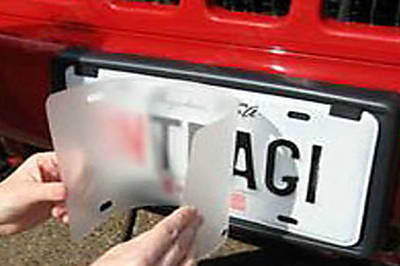People venturing into a food product business often encounter roadblocks. Getting the recipe right and guaranteeing longer shelf-life for the products are some of them. Though a simple web search may throw up numerous solutions to such problems, there’s nothing like getting it straight from the horse’s mouth.
This is what the food processing business incubator at the Post Harvest Technology Centre of the Tamil Nadu Agricultural University (TNAU) has been doing for almost 13 years. The centre was established in 2004 with the motive to reduce post-harvest losses by creating value added products from farm produce. A year later, it started offering
training programmes.
"Generally, during glut season, the price of a product drops drastically. In such times, farmers throw away perishable goods such as tomatoes. In order to reduce such wastage, we invite them and show them how they can produce value added products such as ketchup using tomatoes," says N Varadaraju, head of the centre.
The incubator at the centre offers monthly training programmes in food processing under eight units – juices, jams, ketchup, masalas, pickles, bakery products, pasta and millet milling. "The centre offers two-day training programmes for a fee of Rs1,500 on how to prepare the products according to Food Safety and Standards Authority of India specifications. Through our research, we have brought out standard recipes which we teach," says G Gurumeenakshi, associate professor at the centre.
The centre also signs memorandums of understanding (MoU) with people who want to start their own food product ventures. Varadaraju says some of the participants of the monthly programmes would want to pursue it as a business. "For a fee of Rs 10,000, we allow them to use the equipment at the centre’s master kitchen for one year. They can manufacture their products and also pack them at the centre. But they themselves have to take care of the marketing," he says. A total of 12 MoUs are signed every year, he adds.
Through its bakery unit, the centre trains people to make millet-based value- added products such as bread and cookies. The bakery unit also makes other items such as cakes, buns and puffs, says P Vennila, professor at the centre, and in-charge of the bakery unit. It has a counter sales unit, where the products prepared by in-house staff are sold.
Of the hundreds of people the centre has trained, around 30 have started their own ventures in Coimbatore and across the state and have been functioning successfully, said officials at the centre.





















All Comments ()+^ Back to Top
Refrain from posting comments that are obscene, defamatory or inflammatory, and do not indulge in personal attacks, name calling or inciting hatred against any community. Help us delete comments that do not follow these guidelines by marking them offensive. Let's work together to keep the conversation civil.
HIDE